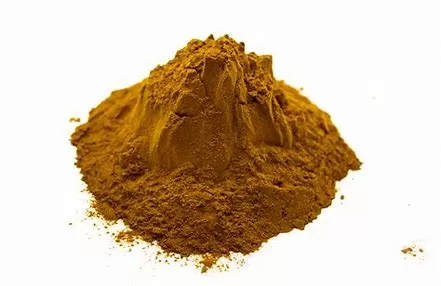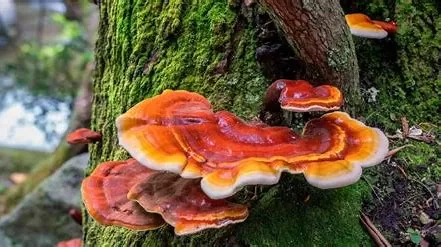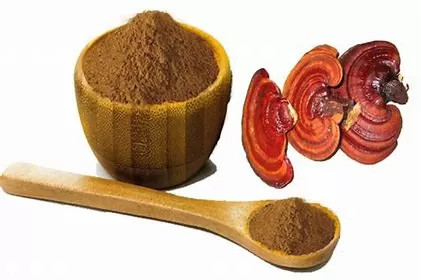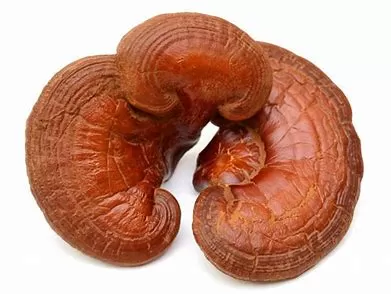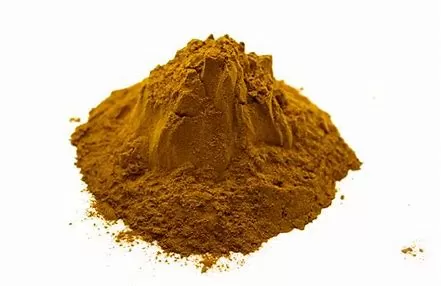- 0086-571-85302990
- sales@greenskybio.com
Daily Use of Reishi: Safety and Benefits
2025-03-22
Reishi, scientifically known as Ganoderma lucidum, is a revered medicinal mushroom with a longstanding history in traditional Eastern medicine. Often dubbed the "Mushroom of Immortality," it is renowned for its wide array of health benefits, ranging from immune support to stress reduction. As this potent adaptogen gains popularity in modern wellness circles, an important question arises: Is it safe to include reishi in your daily regimen?
Understanding Reishi's Composition and Benefits
Reishi mushrooms are packed with bioactive compounds, including polysaccharides, triterpenoids, and peptidoglycans. These constituents contribute to its impressive health-enhancing properties. Reishi has been traditionally used to boost immunity, combat fatigue, reduce inflammation, and support mental clarity and relaxation. Its adaptogenic characteristics enable the body to cope with stress more effectively, promoting overall well-being.
One of the key components of reishi is beta-glucans, a form of polysaccharide that enhances immune function by activating macrophages and natural killer cells, essential defenders against infections. Furthermore, reishi’s triterpenoids possess strong anti-inflammatory and antioxidant properties, which help protect the body from oxidative stress and cellular damage.
Safety of Daily Reishi Consumption
As reishi becomes more available in supplement form, many individuals are curious about the safety of daily consumption. Overall, reishi is considered safe for most people when taken in the recommended doses. The mushroom has been used for centuries in traditional medicine without significant adverse effects, supporting its reputation as a safe dietary addition.
Potential Side Effects
Despite its safety profile, it's essential to be aware of possible minor side effects, particularly for those new to mushroom supplements or with specific health conditions. Some individuals have reported experiencing dry mouth, dizziness, digestive disturbances, or allergies after consuming reishi. Such reactions are typically mild and resolve once the body adapts to the supplement. It’s advisable for newcomers to start with a small dose and gradually increase it as the body acclimates.
In rare cases, individuals with mushroom allergies should avoid reishi, as it may trigger allergic reactions. Those with autoimmune diseases or immune disorders should also consult a healthcare provider before introducing reishi, due to its immune-modulating properties.
Reishi may affect blood pressure and blood sugar levels, so individuals with diabetes or hypertension should monitor their health closely or seek medical advice regarding its daily use.
Interaction with Medications
Reishi may interact with certain medications, particularly immunosuppressants, anticoagulants, and antihypertensive drugs. Its potential to enhance immune activity could interfere with medications designed to suppress the immune system, while its blood-thinning properties might amplify the effects of anticoagulants. Anyone on medication should consult with a healthcare professional to ensure that reishi supplements will not compromise their treatment plan.
Recommended Dosage and Consumption Forms
Reishi is available in various forms, including powders, extracts, capsules, and teas, allowing individuals to choose a method that suits their lifestyle. Typically, the recommended daily dosage varies depending on the product form and concentration. For powdered reishi, dosages generally range from 1 to 2 grams per day, whereas concentrated extracts may require less.
Quality is critical in selecting a reishi product. Consumers should opt for reputable brands that provide transparent information regarding source and processing methods, ensuring purity and potency. Having a standardized extract can also help avoid inconsistencies in dosage and maintain effectiveness.
Long-Term Use Considerations
The adaptability of reishi makes it an excellent candidate for long-term use. Its health benefits often manifest subtly over time, supporting bodily functions and enhancing resilience against stress and illness. Daily use aligns with traditional practices, where the mushroom aided in promoting longevity and vitality.
However, as with any supplement, it’s prudent to periodically reassess its necessity and benefits. Individuals should maintain regular health checkups to ensure that their dietary choices complement their health goals and requirements. Listening to the body and adjusting intake based on changes in lifestyle, diet, and health status is essential for optimal results.
Conclusion
Reishi mushrooms are a potent natural remedy with a multitude of health benefits that have been celebrated through the ages. Incorporating reishi into a daily routine can be safe and beneficial for most people when approached thoughtfully and informed by current health status. While reishi supplements offer exciting possibilities for enhancing well-being, consulting healthcare professionals, particularly for those with specific health conditions or on medication, ensures its safe integration into daily life.
Ultimately, embracing traditional wisdom alongside modern insights allows reishi to shine as a valuable ally in the pursuit of better health and balanced living. With careful consideration, individuals can enjoy its contributions to wellness through a mindful approach that respects both the body’s needs and this ancient mushroom’s legacy.
- ▶ Hesperidin
- ▶ citrus bioflavonoids
- ▶ plant extract
- ▶ lycopene
- ▶ Diosmin
- ▶ Grape seed extract
- ▶ Sea buckthorn Juice Powder
- ▶ Beetroot powder
- ▶ Hops Extract
- ▶ Artichoke Extract
- ▶ Reishi mushroom extract
- ▶ Astaxanthin
- ▶ Green Tea Extract
- ▶ Curcumin Extract
- ▶ Horse Chestnut Extract
- ▶ Other Problems
- ▶ Boswellia Serrata Extract
- ▶ Resveratrol Extract
- ▶ Marigold Extract
- ▶ Grape Leaf Extract
- ▶ blog3
- ▶ blog4
- ▶ blog5
-
Does reishi balance hormones?
2025-03-22
-
Does Reishi Mushroom Make You Look Younger?
2025-03-22
-
Does Reishi Mushroom Extract Help You Sleep?
2025-03-22
-
What is Reishi Mushroom Extract Used For?
2025-03-22
-
Withania Somnifera Extract
2025-03-22
-
Mango flavored powder
2025-03-22
-
Alfalfa Meal
2025-03-22
-
Hesperidin
2025-03-22
-
Tinospora cordifolia extract
2025-03-22
-
Kupilu Extract
2025-03-22
-
Plantain extract
2025-03-22
-
Oyster Mushroom Extract Powder
2025-03-22
-
Angelica sinensis extract
2025-03-22
-
Licorice Root Extract Powder
2025-03-22












